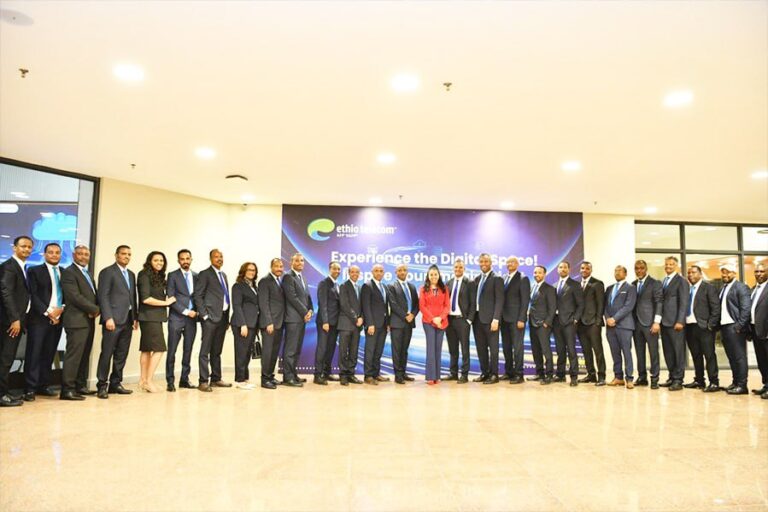In recent times, the streets of Addis Ababa have become a battleground of chaos and disorder, with traffic violations reaching unprecedented levels. What was once a city known for its vibrant culture and bustling streets has now transformed into a nightmare for motorists and pedestrians alike. Government and military-plated vehicles, once symbols of authority and order, have now become notorious for flouting traffic laws with impunity. This blatant disregard for regulations has permeated throughout society, with the public increasingly willing to emulate such behavior. As the situation worsens, it is imperative that urgent action be taken to avert the impending catastrophe that looms over Addis Ababa.
The disregard for traffic laws by government and military-plated vehicles is emblematic of a broader breakdown in law and order within society. When those entrusted with upholding the law become its primary violators, it sends a message that impunity reigns supreme. The sight of these vehicles brazenly flouting regulations, while traffic police turn a blind eye, erodes public trust in law enforcement institutions and undermines the rule of law. Moreover, it sets a dangerous precedent, emboldening others to follow suit and further exacerbating the chaos on the streets.
Equally alarming is the emergence of a culture where bribery and corruption have become the norm. The practice of blocking roads for private events without official authorization, coupled with the ability to circumvent regulations through monetary means, reflects a systemic failure in governance. Such behavior not only disrupts traffic flow but also fosters a sense of inequality and injustice within society. When access to basic services and rights is contingent upon one’s ability to pay, it undermines the very principles of democracy and equality enshrined in Ethiopia’s constitution.
The consequences of unchecked lawlessness extend far beyond mere inconvenience; they pose a grave threat to public safety and security. The chaotic and unpredictable nature of traffic in Addis Ababa increases the risk of accidents and fatalities, endangering the lives of motorists, pedestrians, and passengers alike. Moreover, the erosion of trust in public institutions and the rule of law can have far-reaching social and economic implications, hindering investment, stifling economic growth, and undermining social cohesion.
To address this crisis, concerted efforts must be made at both the institutional and societal levels. Firstly, there must be a strict enforcement of traffic laws, without exception or favoritism. Government and military-plated vehicles must be held to the same standards as civilian vehicles, and those found in violation should face appropriate consequences. This requires a commitment from law enforcement agencies to uphold the rule of law impartially and without bias.
Additionally, there needs to be a concerted effort to tackle corruption and bribery within the traffic police force and other public institutions. This can be achieved through robust oversight mechanisms, increased transparency, and accountability measures. Moreover, there should be greater investment in training and capacity-building for law enforcement personnel to ensure they have the skills and resources necessary to carry out their duties effectively and ethically.
At the societal level, there needs to be a shift in attitudes towards compliance with traffic laws and respect for public order. This requires a comprehensive public awareness campaign highlighting the importance of adhering to regulations for the safety and well-being of all citizens. Moreover, there should be community-led initiatives to promote a culture of civic responsibility and accountability, empowering individuals to take ownership of their actions and hold others accountable for theirs.
The escalating crisis of traffic violations in Addis Ababa demands urgent attention and action from all stakeholders. Failure to address this issue risks further exacerbating the chaos and disorder on the city’s streets, with potentially catastrophic consequences for public safety, security, and social cohesion. It is imperative that decisive steps be taken now to restore order, uphold the rule of law, and safeguard the rights and well-being of all citizens. The time for action is now, not later.








